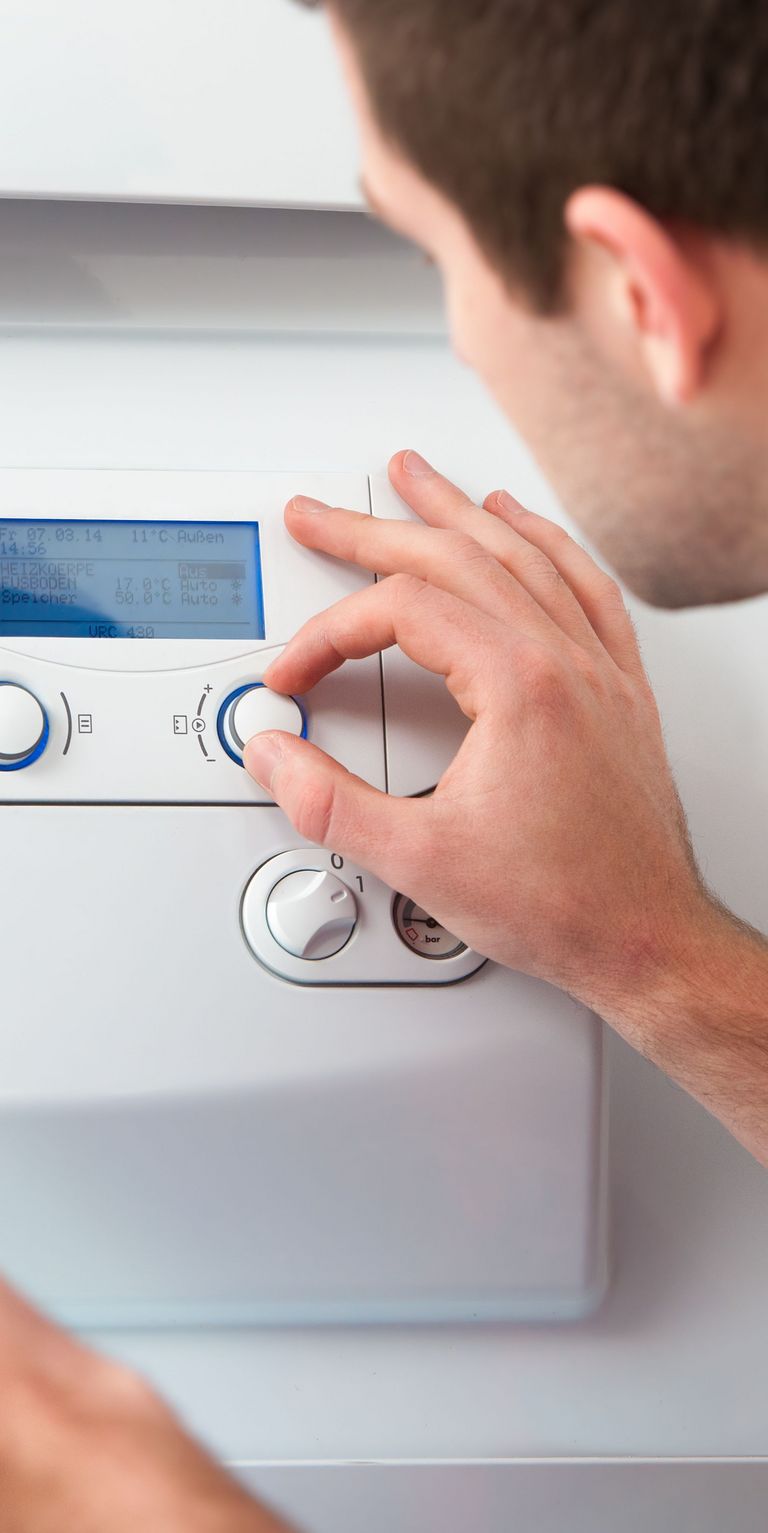A mammoth task for an entire industry
There are currently two different kinds of natural gas in Germany, which are transported in two separate networks and have different calorific values – L-gas (low calorific gas) and H-gas (high calorific gas). According to the German Federal Network Agency, one quarter of German households are currently supplied with L-gas – that means about five million connections. This gas comes from German and Dutch sources, but these will be depleted in the foreseeable future. The alternative is H-gas, which is obtained primarily from Norway and Russia. According to a specified plan by the German Federal Network Agency, over six million gas consumption devices must be adapted gradually for a supply with H-gas by 2029. As a company specialising in the installation, maintenance and replacement of gas and water meters as well as house service regulators, this is a task which GasGe, one of the industry’s most experienced service providers, has prepared for early on. Even in the 1990s, the company had overseen the conversion of city gas to natural gas.
Above all, the data exchange between our own planning application, the databases and the mobile component without media discontinuity represents a special benefit for us. The elimination of the error-prone and time-consuming subsequent recording of paper documents has led to higher efficiency right from the start, but also the increased transparency of pending and completed orders in the system represents an important information gain for the necessary reporting to the network operator. Ulrich Masuch, Manager of GasGe
Benefits to our Customer
Increased process reliability with partial automation and digitisation
More transparency and optimised planning with mobile, seamless data entry and processing
Higher efficiency by eliminating paper-based order processing
About Gasanlagenservice Gelsenkirchen GmbH
Gasanlagenservice Gelsenkirchen GmbH (or GasGe) is a specialised service partner for energy supply companies. The company’s range of services includes, among others, the conversion and adjustment of gas equipment, the cyclical replacement of gas and water meters, inspections of house service regulators for gas, replacements of house service regulators for gas, technical services for manufacturers of gas equipment and inspections of interior parts of gas and water lines in buildings. For its customers, GasGe also handles installation tasks on gas lines as part of a conversion from counter meters to house service regulators.
